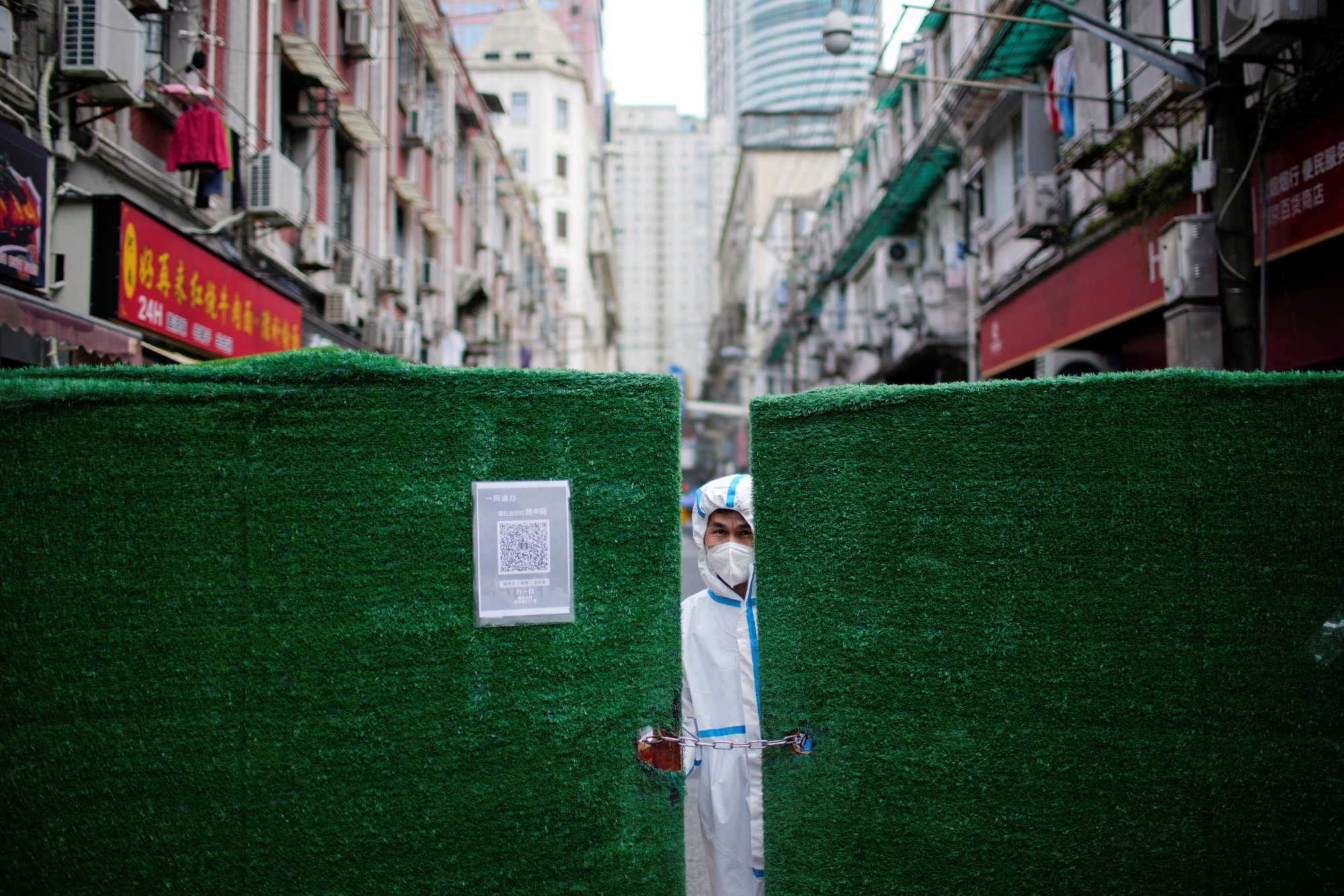A senior American official on Thursday lauded improved cooperation with the Chinese government on export controls meant to prevent the transfer of sensitive technologies to the mainland.
Since the end of coronavirus lockdowns in China, mainland authorities have been more helpful in conducting “end-user checks” on companies that buy products sold by US firms, said Matthew Axelrod, assistant secretary for export enforcement at the US Commerce Department.
These US firms are under greater pressure to ensure the technologies they develop are not used for military purposes, explained Axelrod, in a discussion at the Centre for Strategic and International Studies, a Washington think tank.
Do you have questions about the biggest topics and trends from around the world? Get the answers with SCMP Knowledge, our new platform of curated content with explainers, FAQs, analyses and infographics brought to you by our award-winning team.
“I think what got our end-use checks unstuck in China was the threat of their companies going on our Unverified List and then on the Entity List because that makes it harder for them to get US items.”
The Unverified List comprises foreign individuals or entities that the Commerce Department is unable to verify. Its Entity List identifies organisations and individuals believed to be involved or posing a significant risk of becoming involved in activities contrary to America’s national security or foreign-policy interests.
“The Chinese government does not want their companies on our lists,” Axelrod said. “They get very upset when their companies go on ... so they want to avoid that when possible and part of that is facilitating our end-user checks.”
Officially “agnostic” as to which countries American firms sell hi-tech products to, the Unverified List has nearly 100 companies and institutions based on the mainland and in Hong Kong. The United Arab Emirates comes in second, with 31 companies and labs.
A company winds up on the list when American export-control officers are unable to complete on-site visits to determine whether they can be trusted to receive US origin technology and other goods.
American exporters must conduct additional due diligence before sending items to listed companies, and they usually need to apply for more licenses.
More than two dozen Chinese companies were removed from the list a year ago, after Covid-19 protocols on the mainland were loosened.

China’s strict lockdown during the pandemic happened “when we were trying to get a lot of these checks done”, Axelrod said. “It wasn’t easy logistically for the folks from there or for our folks who had to go ... to try and get these checks done.”
The senior Commerce official gave “credit to our team and their team on that one issue”, adding: “There’s still lots of issues where we disagree, of course, but I think on the end-use checks, we’ve made some progress.”
However, some companies released from the UVL could find themselves back in the US government’s cross hairs, owing to legislation making its way through Congress.
Wuxi Biologics, a Chinese company that was removed from the UVL in late 2022 – immediately after many of those restrictions lifted – was named in a bill passed by the US House of Representatives on Monday.
If passed by the Senate and signed into law by US President Joe Biden, the legislation would restrict the federal government from contracting with Wuxi Biologics and four other Chinese biotech firms involved in America’s medical supply chain.
The Biosecure Act, which passed this week 306-81, also targets Chinese companies BGI Group, Complete Genomics, MGI and Wuxi AppTec. The measure establishes an inter-agency process for identifying additional companies.
The legislation is meant to encourage US firms to reduce their reliance on Chinese manufacturing and limit the risk of American health data going to Beijing.
A version of the act cleared a Senate committee and has stoked backlash from biotech executives who contend it could contribute to widespread drug shortages in the US.
More from South China Morning Post:
- Chinese ambassador Xie Feng lays down ‘red lines’ in US-China relationship
- Confidence of US firms in China wanes as record numbers cut investments amid hardships
- Bill restricting US contracts with Chinese biotech firms among first to pass House in ‘China Week’
- ‘China week’ at US House puts biotech firms, Hong Kong offices in legislative cross hairs
- US steps up export controls on advanced tech goods
For the latest news from the South China Morning Post download our mobile app. Copyright 2024.





